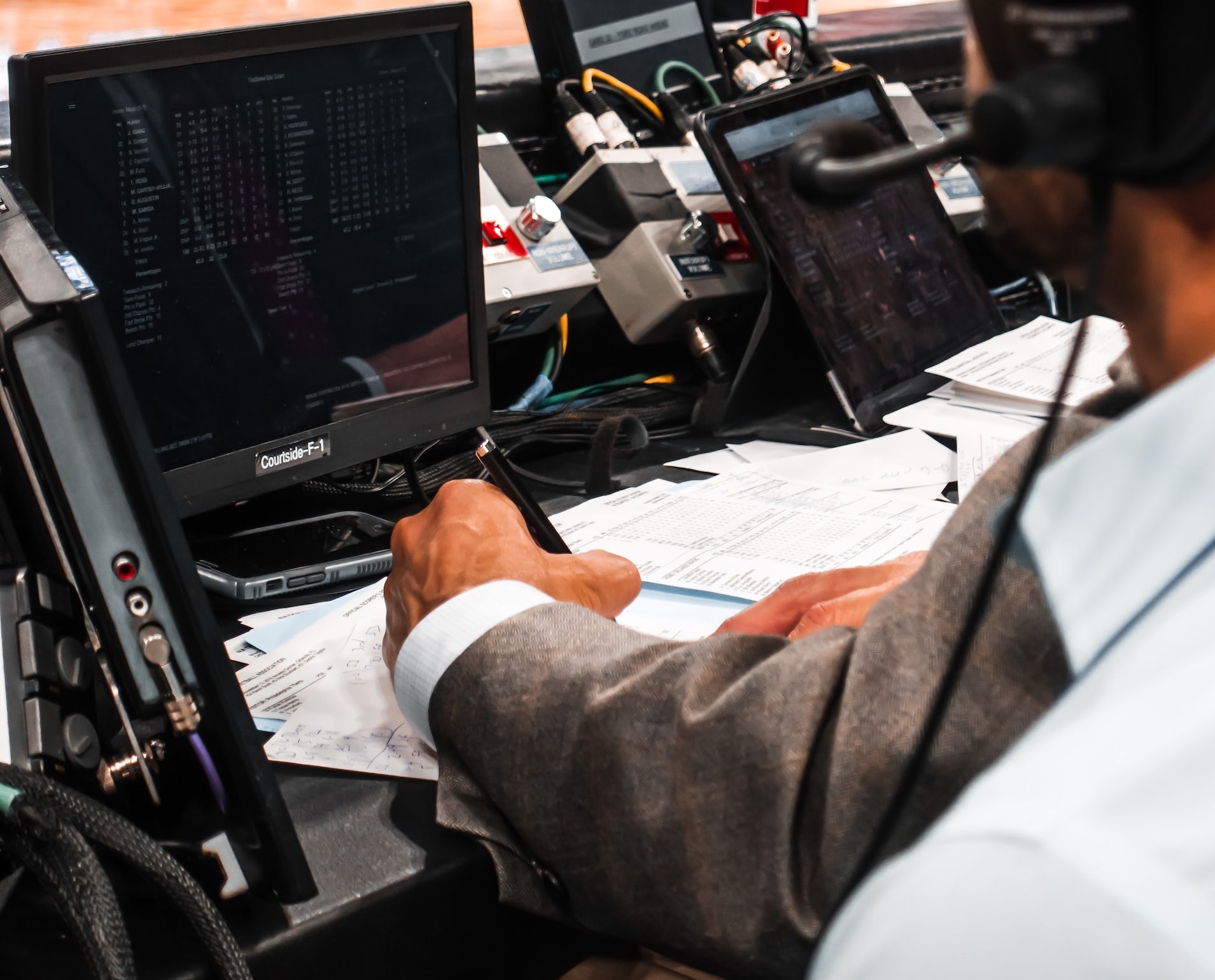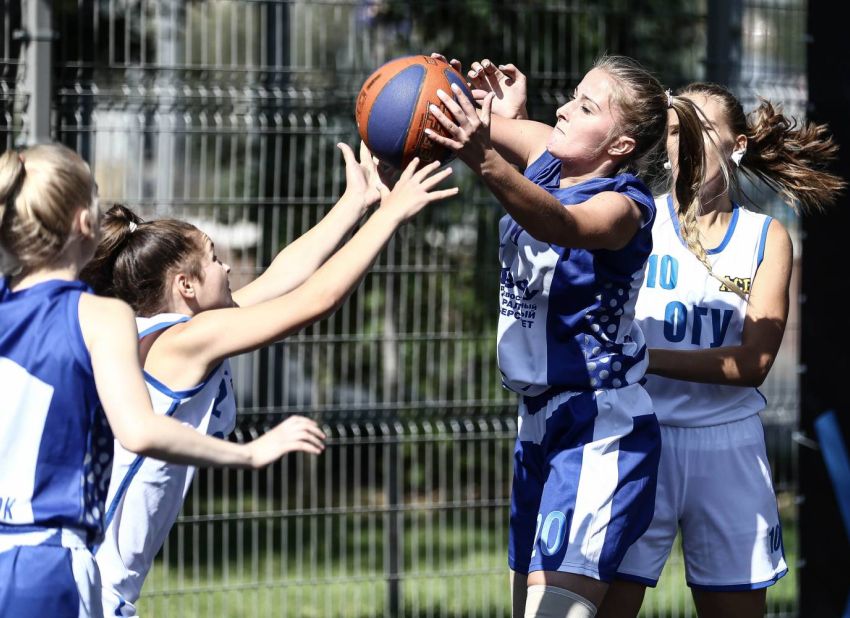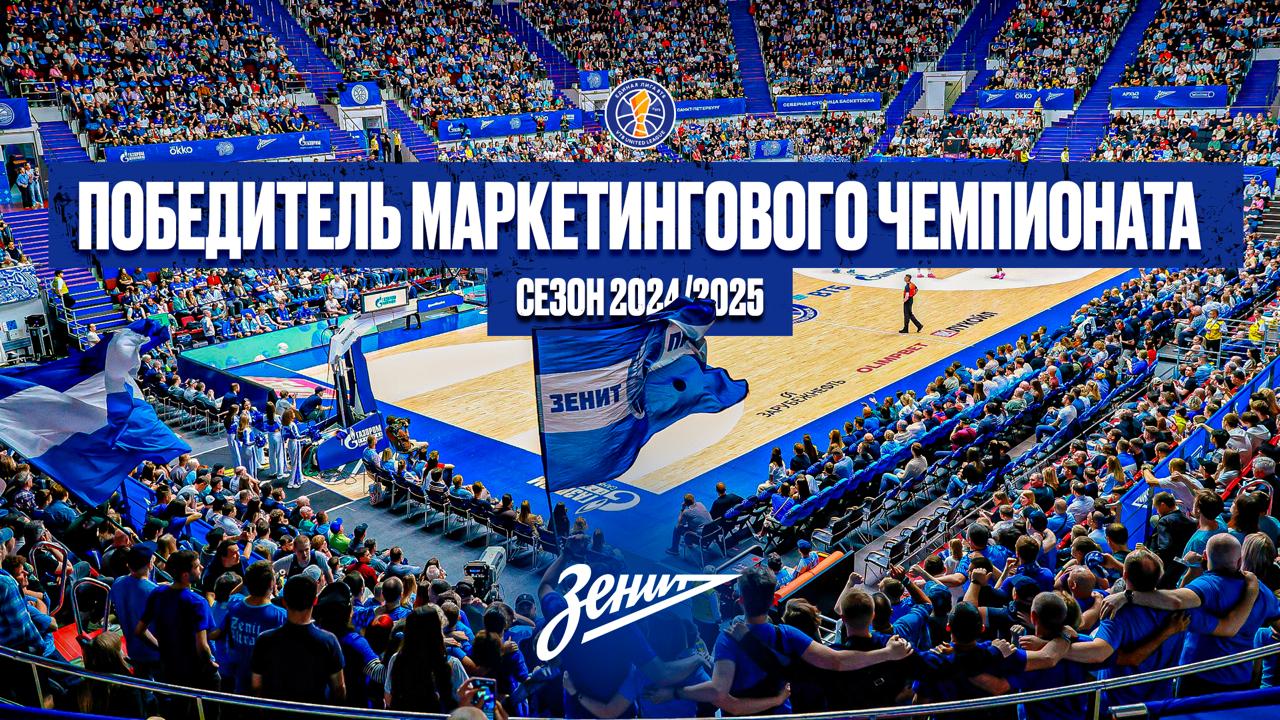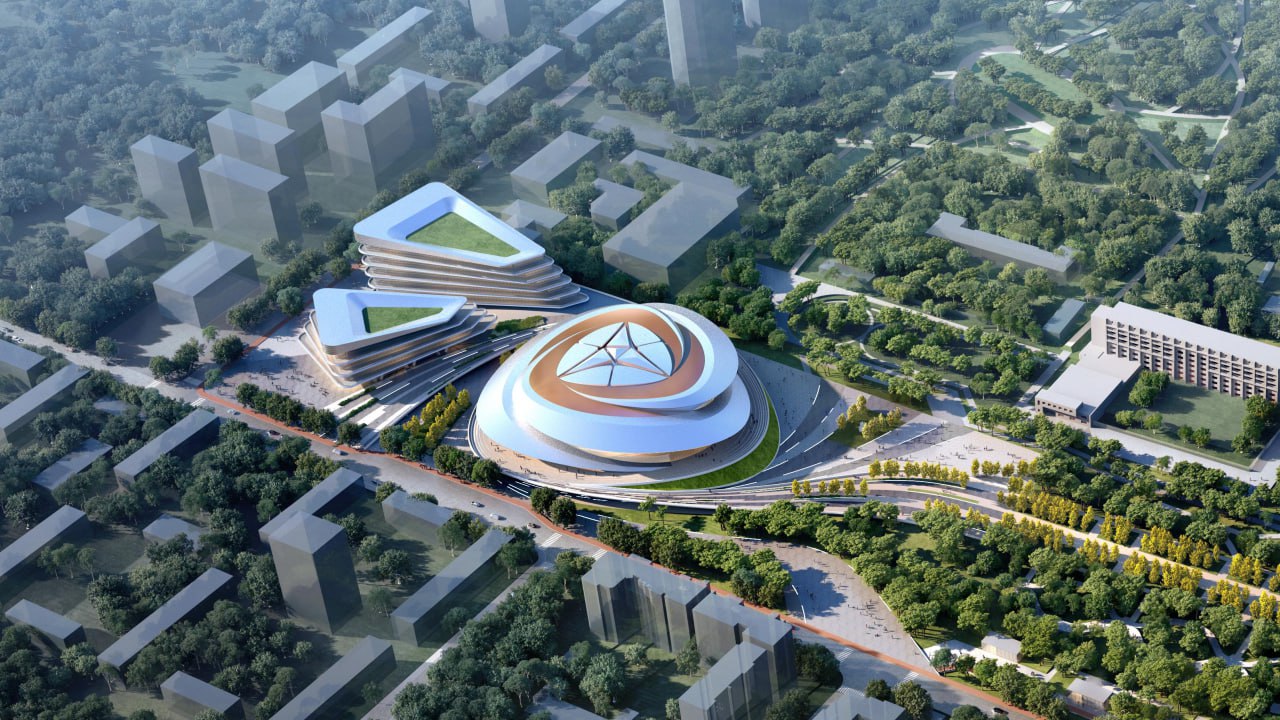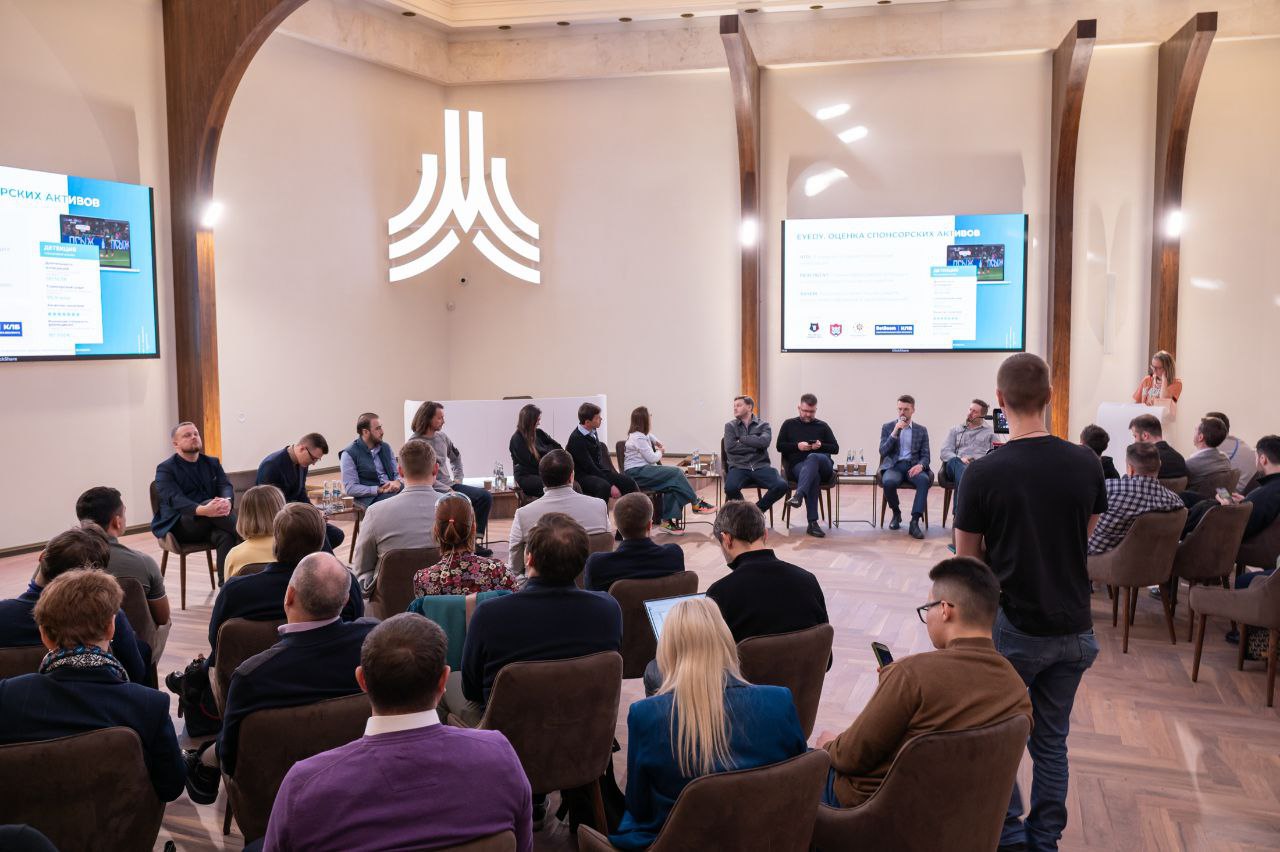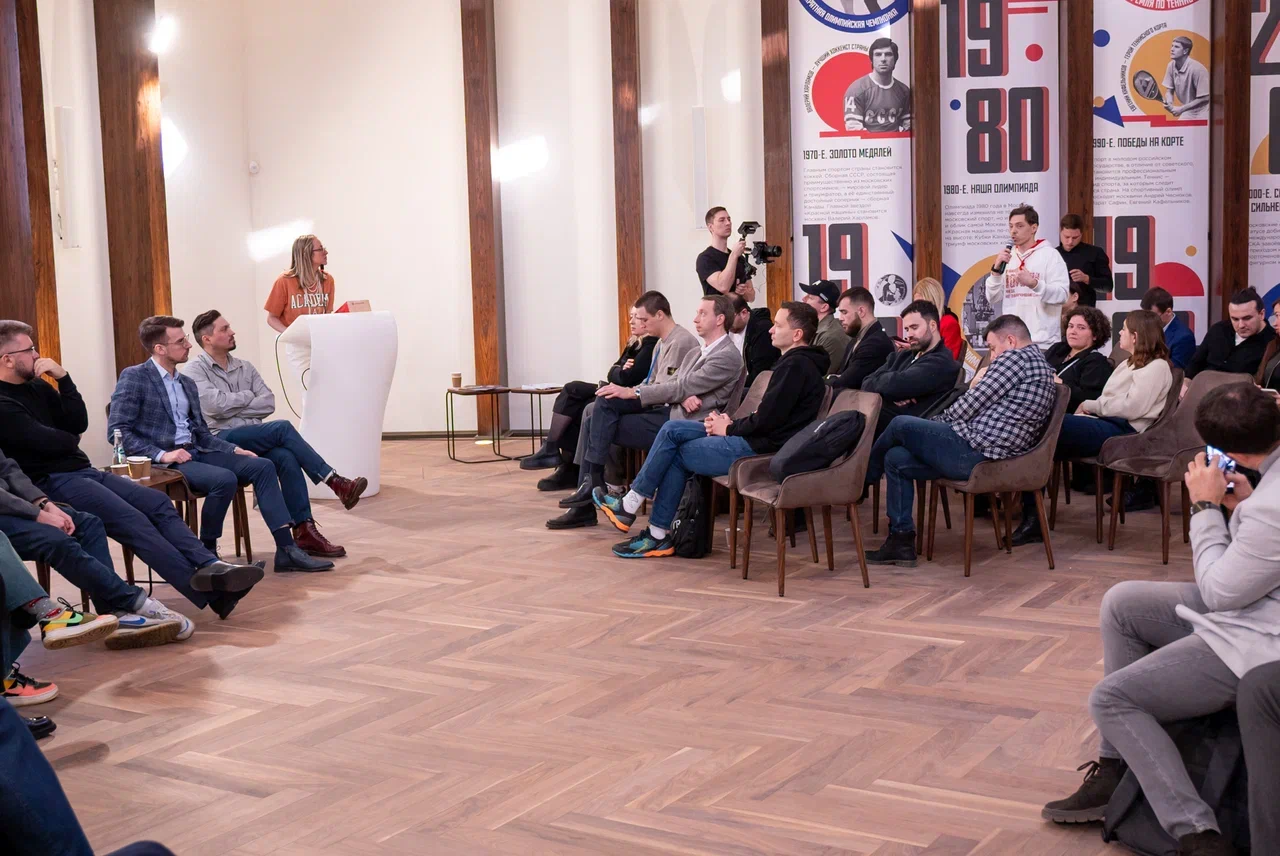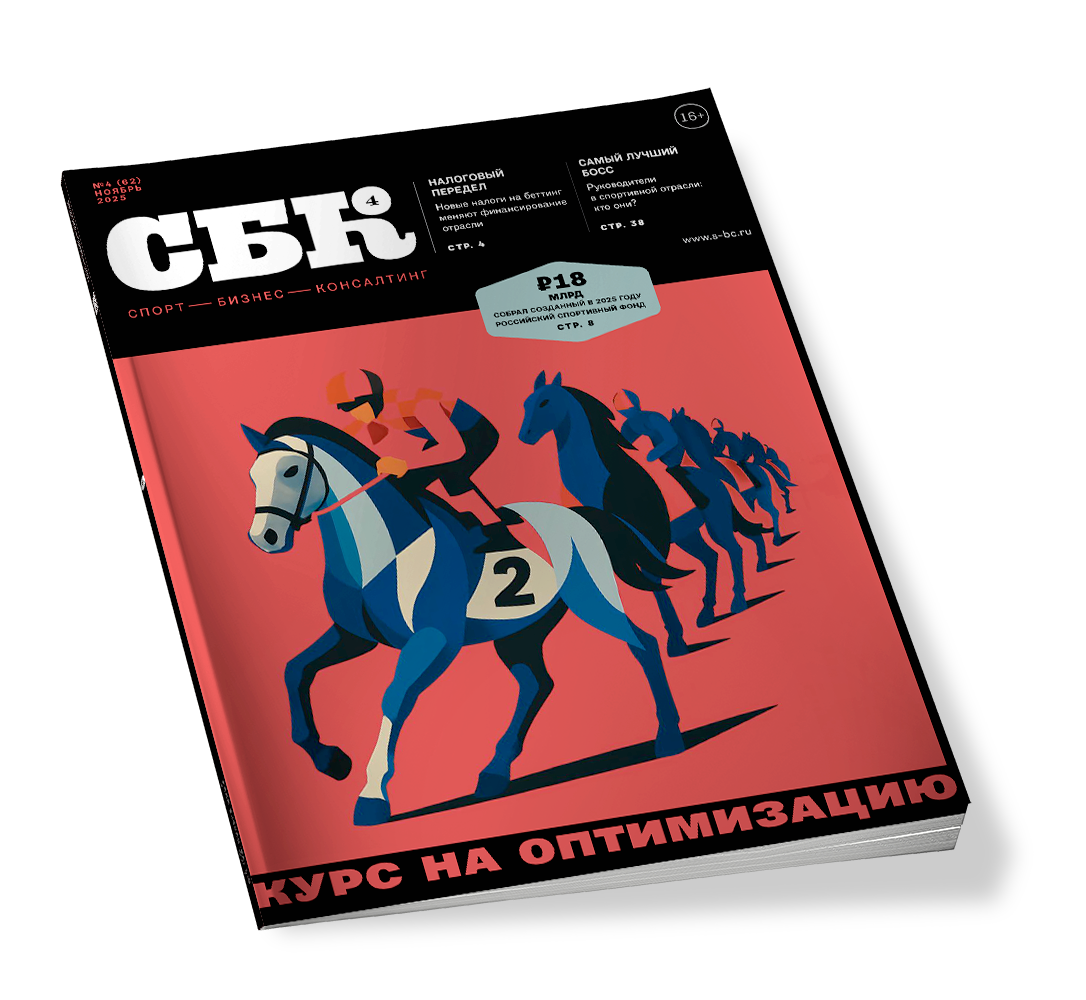The Russian market of commercial property management is growing slowly but steadily. However the situation in its category that includes sports arenas is quite specific. Independent property and facility management companies are still trying to decide if they could generate a profit out of the stadiums while the current owners and management teams are in doubt about the former business centers and shopping mall operators' abilities to work in sports.
Who owns the stadiums?
The overwhelming majority of the Russian stadiums belongs to the cities and is under direct or indirect control of the local authorities. The mission of the sports facilities is seen in providing show to local communities while making money is supposed to be a secondary task. It is very often thought that the inefficiency of sports arenas operation can be explained simply by the fact that the latter are not owned by the clubs that use them or by any other business that needs quality to raise its turnover. But it's not correct to say that all the stadiums in Europe are privately owned.
A half of the Spanish Primera clubs rent the stadiums from their local governments. And even in Bundesliga there's only one club that directly owns its arena while the cities possess eight. In Poland that is getting prepared for the Euro-2012 all the largest stadiums are municipal properties. It would be naive to believe that giving the arenas over to the clubs that use them on match days could seriously change the way the objects are operated. First of all we are to look at the clubs themselves - to make sure that most of those cannot be regarded as classical businesses. For instance only a half of the Russian Premiere League clubs are privately owned, and the proportion of private clubs in the 1st and 2nd Russian football divisions is 25% and 16% respectively.
Who manages the stadiums?
In Russian sports facilities management outsourcing is not widespread. The stadiums for Moscow "Spartak" and "Dynamo" that are being constructed now will be controlled by the clubs' subsidiaries. The home arenas of "Lokomotiv" and "Zenit" are operated by the club managers. But it doesn't mean that the clubs do not contract independent companies. Usually engineers maintaining sound systems and LED displays as well cleaners and security guards are hired by the companies that work at the stadiums as contractors.
The managing director of the property management company NAI Becar Victor Kozin supposes that an independent contractor has a good chance to become a sports facility operator, as the market is ready for outsourcing, and as today a well-known operating company managing an object can be regarded as a proof of the stadium's high class. In Russia the list of projects in sports facilities operation is growing. For instance the company CB Richard Ellis worked on the management plans of the "Dynamo" sports complex and the Ice Arena in Kazan.
Private-Public partnership
The president of the AEG corporation Tim Lieweke says that today sports is mostly developed by private investors, and that public investments in sports became uncommon in Europe. Although in preparation for global sports events participation of the state is still considerable. In Russia the scale of Private-public partnership projects in sports leave much to be desired. As for the PPP in Sochi Olympics construction project, the information about the private investors trying to sell their shares back to the government can bring the idea into discredit.
On and Standby
Managing a sports facility has its special feature as it works in two different modes. The CEO of the AINTrees company Aleksey Noniashvili says that a stadium is not used for football matches for about 320 days per year. And the head of the Construction department of the Colliers International FM Alexander Parfenov adds that in Russia stadiums are fully used for only 3-5% of the time. That is to be taken into consideration when a stadium's engineering systems are being designed.
Many sports facilities in Europe are multifunctional and can be quickly rearranged to host concerts and shows. Sergey Kirsanov, the director of business development of the HSG Zander, tells that such a possibility is provided at the stadiums operated by the company. But if we speak about a multifunctional arena the construction process becomes much more expensive. That's why the operation team of a facility must come into play at the earliest stage possible.
Teamplay
A property and facility management company for a sports facility is to be chosen at an early stage of the project. Alexander Parfenov stresses that it is important for the specialists that are supposed to maintain the engineering systems to watch the construction. Another possibility is a build-to-suit project when a stadium is designed to meet the requirements of the company that is supposed to operate it later. Mikhail Zagainov, CEO of the "Megasport" ice arena in Moscow says that it there are no Russian construction companies that could build an ice arena on their own.
William Crockett, AECOM global sports director, says that in recent years most of the architects, owners and managers or the sports arenas understand the importance of cooperation at the early stages of their projects. But sometimes it could be hard to convince a commissioner that construction and operation companies have the same goal with him.
Why would they come?
Dinara Tagirova, a consultant at Cushman & Wakefield, says that all the companies have a good chance to sign a contract to operate a sports facility if they are ready to take such a responsibility. In Russia no special licence besides the one that allows a company to operate fire control systems.
Property and facility management companies may be interested in sports arenas as it gives a good GR opportunities and a possibility to contact companies that own sports teams. Sometimes consulting agencies give discounts to sports clubs for these reasons and probably stadium owners may count on the same practice on the side of operating companies.
Russian problems in stadium operation are very similar to those in Brazil. And the system of sports facilities ownership and operation in Russia is not that different in comparison to any other country. The inefficiency that is often to be met with in Russia is due to the stage of the market development and the qualification of the companies working in this field.
Train for Glory
FC "Lokomotiv" is the only club in the Russian Football Premiere League that owns its stadium. The club is quite a success in managing the arena, as it is ready to outsource to its well-tested contractors.
On its own:
CCTV control
Warning system
Catering
Overall coordination
Outsourcing:
Sound & Music
Security guarding
Stewards
Cleaning
